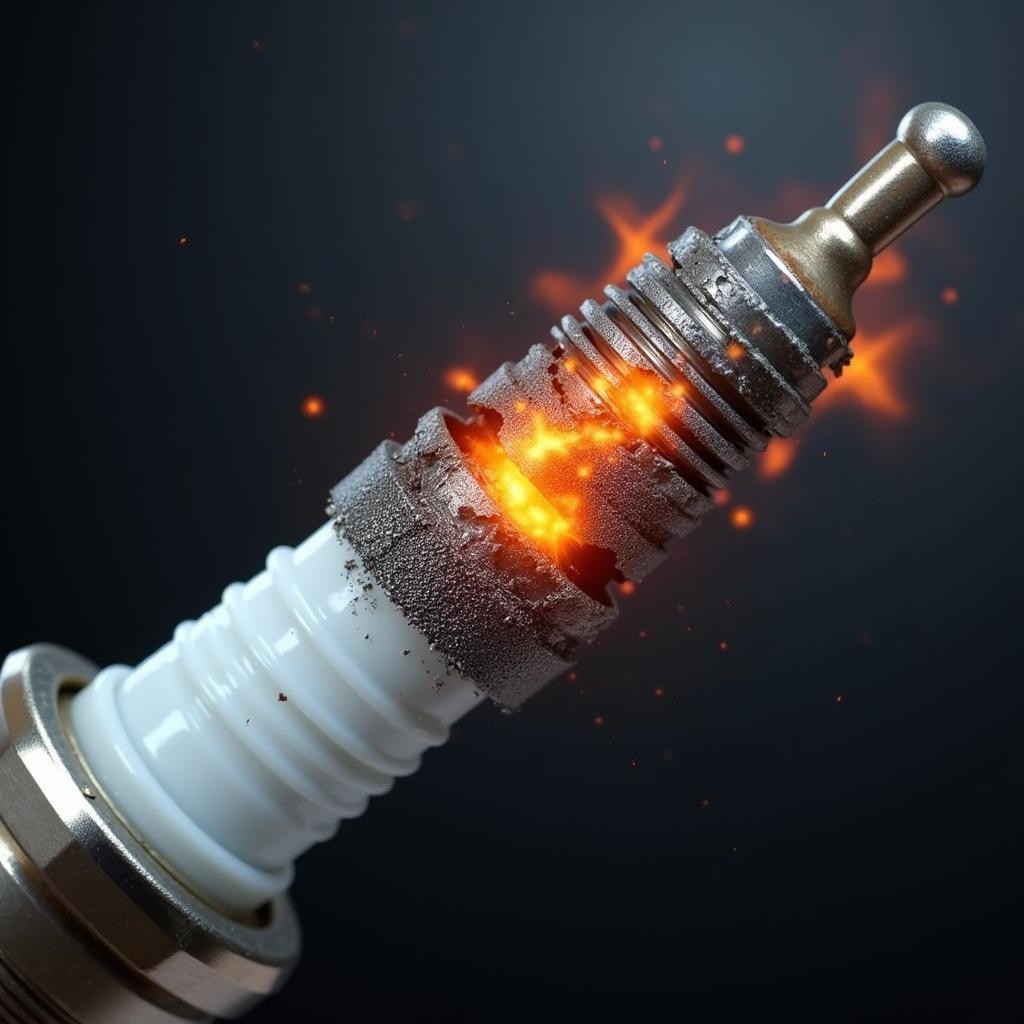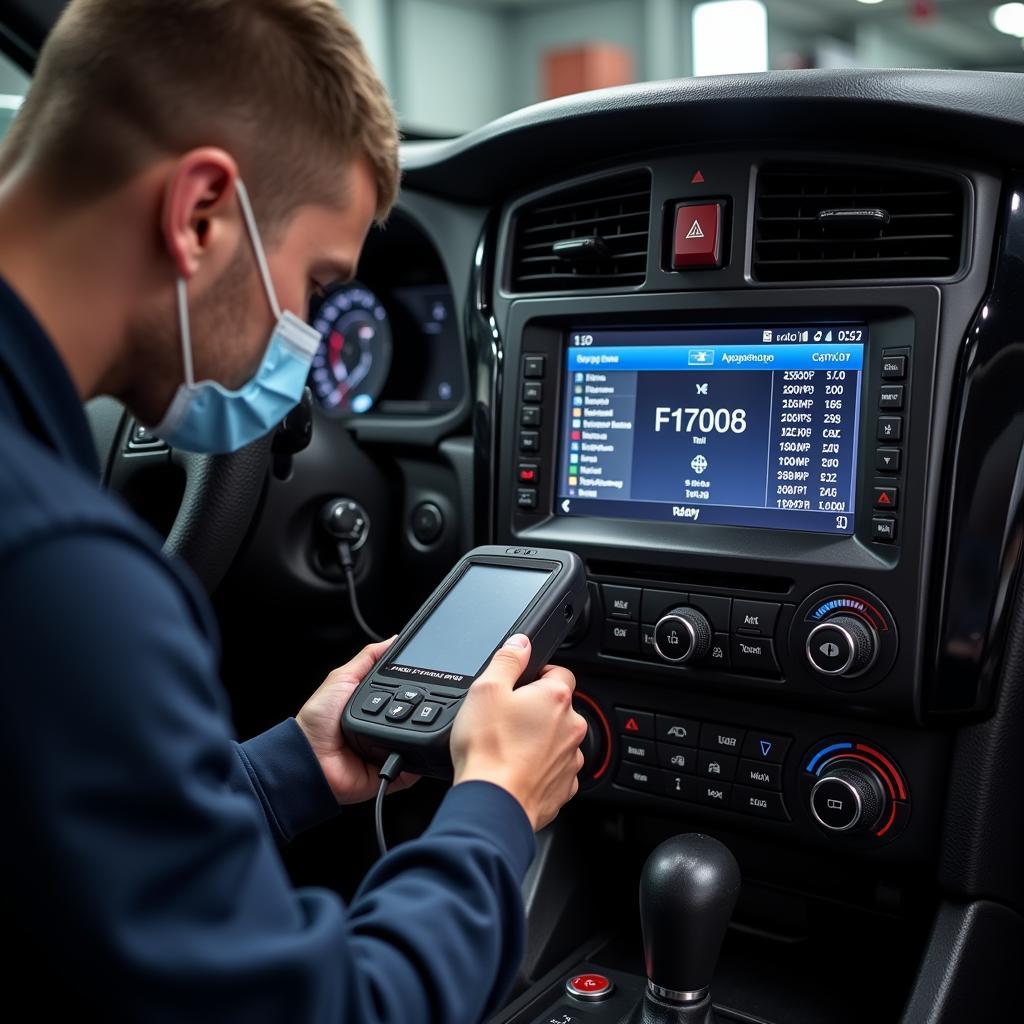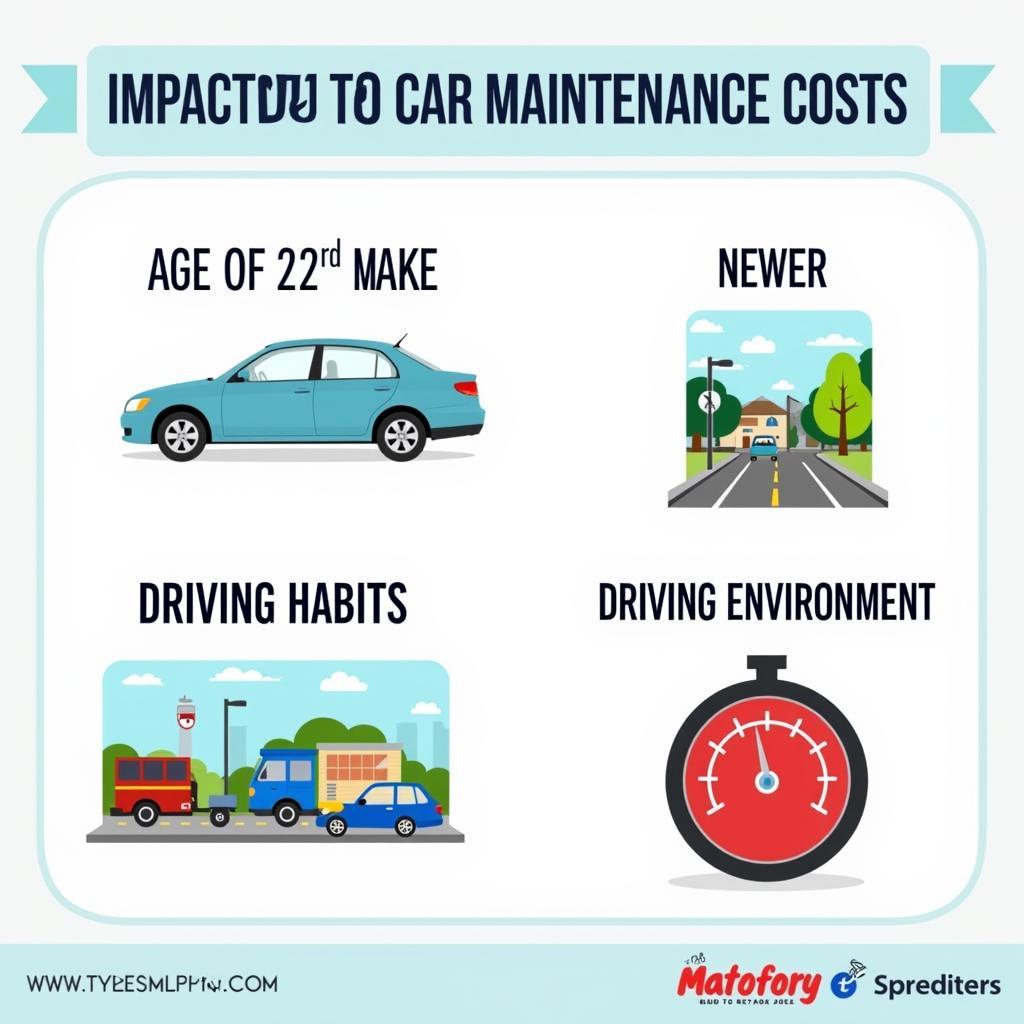Rhythmic car problems can be frustrating and often signal underlying issues that require attention. These problems manifest as repeating sounds, vibrations, or performance issues that occur at regular intervals, often linked to the speed of the vehicle or engine RPM. Identifying the source of these rhythmic car problems is crucial for effective repair and maintenance.
Similar to different noises made by cars due to some problem, rhythmic issues can range from minor annoyances to serious mechanical failures. This article will provide a comprehensive guide to diagnosing and fixing common rhythmic car problems, empowering car owners, mechanics, and technicians to tackle these issues head-on.
Understanding Rhythmic Car Problem Patterns
Recognizing the specific pattern of the rhythmic problem is the first step towards diagnosis. Is the problem linked to engine speed, vehicle speed, or something else? Does the rhythm change when accelerating, braking, or turning? These observations are critical clues.
Identifying Speed-Related Rhythmic Problems
If the rhythmic car problem changes with vehicle speed, the issue likely lies within the wheels, tires, or drivetrain components. Common culprits include:
- Tire Issues: Uneven tire wear, out-of-round tires, or flat spots can cause a rhythmic thumping or vibration that increases with speed.
- Wheel Bearing Problems: Worn wheel bearings often produce a growling or humming sound that rises in pitch with speed.
- CV Joint Issues: Damaged CV joints, particularly in front-wheel-drive vehicles, can cause a clicking or popping sound, especially when turning at speed.
Diagnosing Engine Speed-Related Rhythmic Problems
If the car problem rhythm corresponds to engine RPM, the issue likely originates within the engine or its associated systems. Some possibilities include:
- Ignition System Problems: Faulty spark plugs, ignition coils, or other ignition components can cause a rhythmic misfire, resulting in a jerking or stuttering sensation.
- Fuel System Issues: Clogged fuel injectors, a failing fuel pump, or a restricted fuel filter can cause a rhythmic surging or hesitation, particularly under acceleration.
- Exhaust System Leaks: Exhaust leaks can create a rhythmic ticking or puffing sound, often synchronized with the engine’s exhaust pulses.
 Rhythmic Engine Misfire Due to Faulty Spark Plug
Rhythmic Engine Misfire Due to Faulty Spark Plug
Troubleshooting and Repairing Rhythmic Car Problems
Once you’ve identified the likely source of the rhythmic car problem, the next step is to pinpoint the exact component and perform the necessary repairs.
Wheel and Tire Inspection
Inspect tires for uneven wear, bulges, or damage. Check wheel bearings for play or noise by rocking the wheel. If necessary, have a tire shop balance and rotate your tires or replace worn components.
What internal car engine problems cause vibration? This question is often asked by car owners.
Drivetrain Component Check
Inspect CV joints for boots tears or excessive play. Check for leaks or damage to drive shafts and U-joints. Replace any worn or damaged components.
Engine System Diagnostics
Use a diagnostic scanner to check for trouble codes related to the ignition, fuel, or exhaust systems. Inspect spark plugs, ignition coils, fuel injectors, and other components for wear or damage. Check for exhaust leaks by visually inspecting the exhaust system and listening for unusual sounds.
This is similar to what internal car engine problems cause vibration which might be causing the rhythmic issue.
Seeking Professional Help
If you’re unable to diagnose or repair the rhythmic car problem yourself, it’s essential to seek professional help. A qualified mechanic can utilize specialized tools and expertise to pinpoint the issue and perform the necessary repairs. This is particularly important for complex engine or drivetrain problems.
 Mechanic Diagnosing Rhythmic Car Problem with Diagnostic Tool
Mechanic Diagnosing Rhythmic Car Problem with Diagnostic Tool
Conclusion
Rhythmic car problems, while often frustrating, can be effectively diagnosed and repaired by systematically analyzing the pattern of the problem and inspecting the relevant components. Remember, early diagnosis and prompt repair can prevent minor issues from escalating into major and costly repairs. Don’t hesitate to contact us at AutoTipPro for assistance with your rhythmic car problem. Our phone number is +1 (641) 206-8880, and our office is located at 500 N St Mary’s St, San Antonio, TX 78205, United States.
You can also read some car problem stories to learn how others diagnosed rhythmic issues. Or check car problems sounds for similar sounds to your issue. For specific solutions like troubleshoot car problem squealing cold engine, refer to related articles.





Leave a Reply